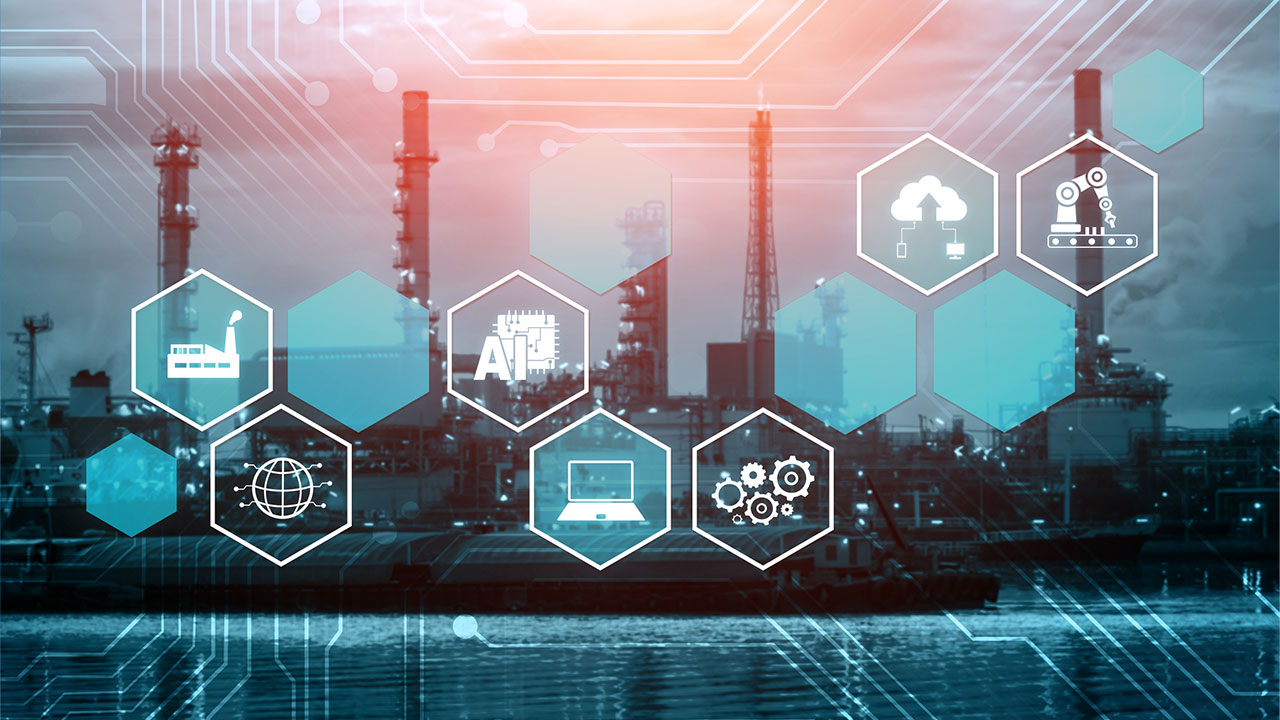
Complex systems - benefit or burden?
- Project team:
Pauline Riousset (Project management), Christoph Kehl
- Thematic area:
- Topic initiative:
Committee on Education, Reserch and Technology Assessment
- Analytical approach:
TA brief study
- Startdate:
2023
- Enddate:
2023
The TA preliminary study was approved by the Committee on Education, Research and Technology Assessment on 20 March 2024.
sprungmarken_marker_3914
Subject and objective of the study
Complex systems are the backbone of modern industrial societies. They include critical infrastructures such as energy, communications, logistics, manufacturing and early warning systems. The functioning of such systems depends on the interaction of different types of elements and is therefore potentially fragile and resource-intensive. The many interactions and feedback loops make it difficult to predict system behaviour, and even small perturbations can lead to far-reaching changes and, in extreme cases, collapse. As a result of increasing digitalisation, the degree of interconnectedness, complexity and therefore the risk of failure of critical infrastructures has increased in recent years and is likely to increase further in the future. The aim of the study was to shed light on the risks of failure and resource requirements of complex technical systems, using critical infrastructures as an example. The aim was to identify systems and subsystems that have reached a level of complexity where, in the event of disruption or failure, a risk to society can be assumed and for which an in-depth study as part of a TA project appears appropriate.
Conclusions and possible in-depth topics
All critical infrastructure systems exhibit a high degree of system complexity and are, by definition, fundamental to the functioning of our society. However, the energy system is particularly noteworthy in two respects: On the one hand, the switch to renewable energy, the electrification of transport, industry and buildings (sector coupling) and increasing digitalisation are leading to a huge increase in the complexity of this critical infrastructure system. On the other hand, a functioning energy supply is essential for all other critical infrastructures. The risks of failure associated with increasing complexity are therefore considered to be particularly high for the energy system, and it is proposed to analyse the energy system in more detail from a complexity perspective. To this end, topics are identified that lend themselves to in-depth analysis. These are the analysis of systemic risks from solar storms, the use of artificial intelligence, the dependencies on raw materials and suppliers that may result from an increasingly complex energy system, and ensuring the functionality of critical energy infrastructures under changing climatic conditions.
Download
|
TAB-Arbeitsbericht Nr. 207 |
